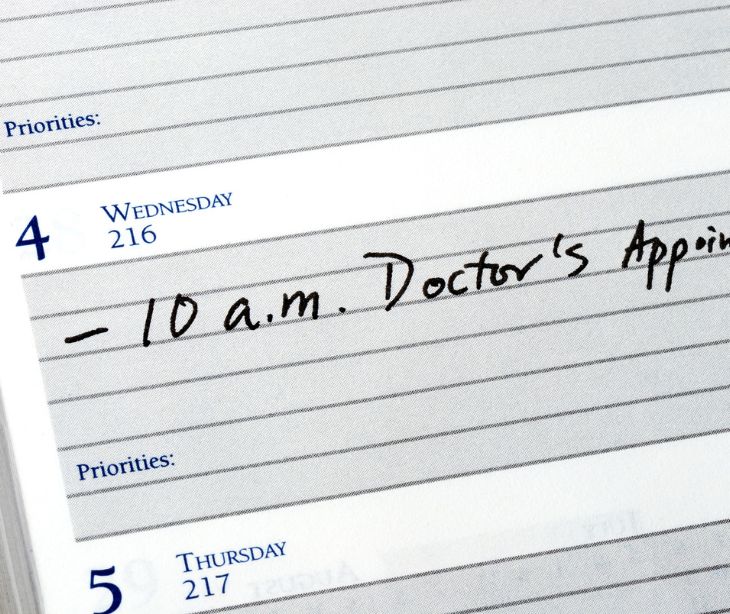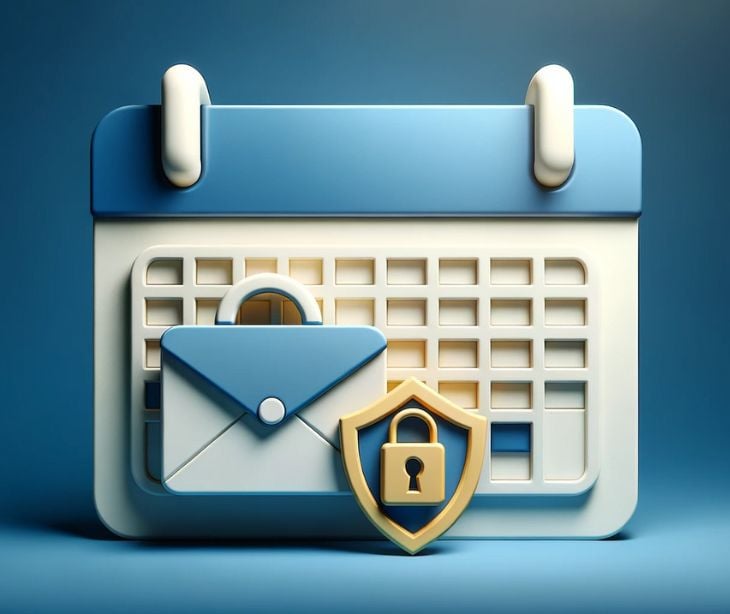2 min read
Do appointment reminder emails need to be HIPAA compliant?
Liyanda Tembani
February 27, 2024

Appointment reminder emails reduce no-shows and improve patient engagement in healthcare. Appointment reminder emails must be HIPAA compliant, as appointment details and the patient's name are protected health information (PHI). Compliance ensures secure communication, protecting patient privacy and preventing legal consequences for healthcare organizations.
The need for HIPAA compliance in appointment reminder emails
A recent BMC Health Services Research study on reducing non-attendance in outpatient appointments found that effective appointment reminders minimize no-shows and engage patients in healthcare practices. However, these reminders often contain sensitive patient information, making compliance with HIPAA regulations a requirement.
Considerations for HIPAA compliant appointment reminders
Secure communication channels
Ensuring secure communication channels is a cornerstone of HIPAA compliant appointment reminders. Beyond encryption, choose a HIPAA compliant email service like Paubox, which encrypts emails and provides secure email solutions tailored for the healthcare industry.
Minimum necessary rule
Appointment reminders must adhere to the minimum necessary rule and include only essential details, steering clear of specific diagnoses, treatment plans, or other PHI. The principle behind this rule is to limit the use and disclosure of PHI to the minimum necessary to accomplish the intended purpose. Using generic terms like "upcoming appointment" respects patient privacy while conveying the necessary information.
Additionally, a telehealth article on how the HIPAA Privacy Rule applies to appointment reminders clarified that: "The type of information that may be disclosed for appointment reminders are as follows :
- Patient's names
- Appointment date and time
- Covered entity's name
- Covered entity's phone number."
Patient consent and preference management
Obtaining patient consent and providing opt-in/opt-out options aligns with patient autonomy and ensures individuals have control over how they receive sensitive healthcare information. Offering a range of delivery methods, such as email, HIPAA compliant text messaging, or phone calls, acknowledges the diverse preferences of patients and empowers them to choose the mode that aligns with their comfort level.
Content and timing
Crafting subject lines and content without revealing PHI is an art that healthcare providers must master. Generic subject lines like "Appointment Reminder: [Date] at [Time]" maintain compliance and also ensure that the email captures the attention of the recipient. Sending reminders close enough to the appointment date is effective, but organizations must strike a balance to avoid overwhelming patients.
Methods of sending secure appointment notifications
- HIPAA compliant email marketing: Healthcare providers can use encrypted email services that meet HIPAA requirements to send appointment notifications securely. These services use encryption to protect the content of the email and ensure that only authorized recipients can access the PHI.
- Secure messaging apps: Using secure messaging applications with encryption can effectively send appointment notifications. These apps ensure the messages are encrypted during transmission and can only be decrypted by the intended recipient.
- SMS/text messaging: When using text messaging for appointment reminders, it is required to ensure that messages are sent over a secure network and that patient information is not exposed in the message preview or on the device lock screen.
- Voice calls: Healthcare providers can make voice calls to deliver appointment reminders securely if the patient has authorized this method.
- Secured online platforms: Using secure online platforms with encrypted connections can offer a safe way to send appointment notifications and communicate with patients.
- HIPAA compliant appointment reminder services: Consider using appointment reminder services specifically designed to adhere to HIPAA regulations. These services are built to ensure secure and compliant communication with patients.
Read more: Best practices for HIPAA compliant appointment notifications
FAQs
Can healthcare providers use personal email accounts for appointment reminders?
Healthcare providers should use HIPAA compliant email services to ensure the secure transmission of protected health information.
What should healthcare organizations do if a patient prefers not to receive electronic reminders?
If a patient opts out of electronic reminders, respect their preference and explore alternative methods, like phone calls or traditional mail, while ensuring compliance with HIPAA regulations.
Can appointment reminder emails contain information about the healthcare provider's office location?
Appointment reminder emails can include information about the healthcare provider's office location. Ensure that the provided details are relevant to the appointment and comply with the minimum necessary rule.
Subscribe to Paubox Weekly
Every Friday we'll bring you the most important news from Paubox. Our aim is to make you smarter, faster.






